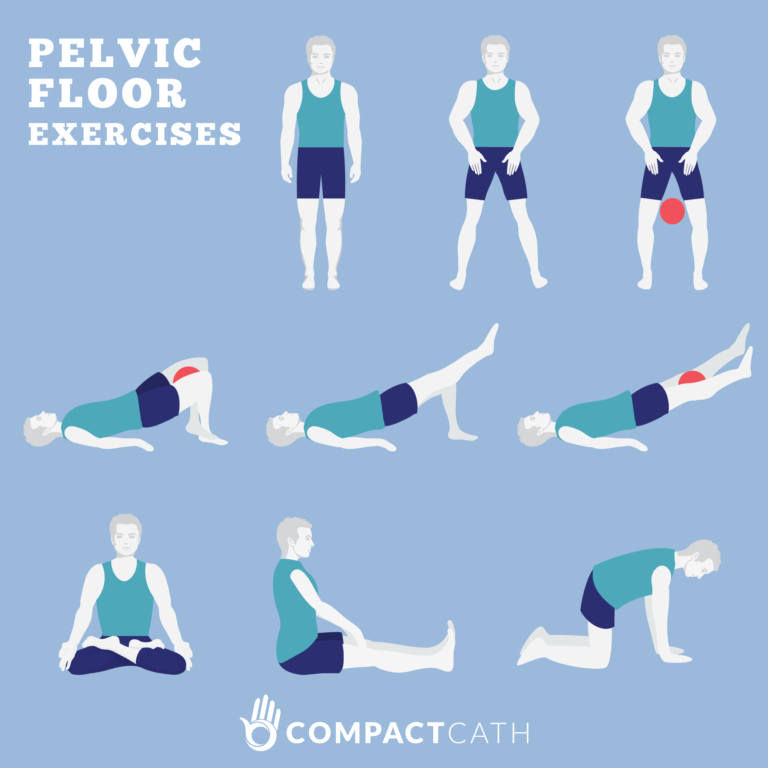
September 2, 2024
Postpartum Urinary Incontinence: Just How To Handle Loss Of Bladder Control After Birth


Feeding Your Child
- A lady's body undergoes a lot of adjustments after shipment and it takes some time to recover, readjust and manage their pee flow and lochia.
- While pregnant, the weight of the broadening uterus can deteriorate the toughness of a female's pelvic flooring muscles and cause pee to leakage.
- In a lot more extreme cases, a urogynecologist can additionally assist identify if you have a more major problem that might require various treatment, such as surgical procedure.
- You ought to only do it if you're not planning on having anymore kids, because bring a youngster will efficiently undo the surgical treatment.
International Clients
Having intercourse prematurely boosts the threat of uterine infection and postpartum haemorrhage. While welcoming the new baby can be extremely amazing, every maternity can bring unknown signs. It also brings unforeseen changes in a mommy's body; it is constantly much better to stay ready. If you had a genital birth, sitting down can be awkward, especially if you have stitches. Your medical professional or midwife will advise you on remedies, pain alleviation and care of the injury. Whether C-section or normal pregnancy, it is typical to really feel pain in the lower locations just after the pregnancy. A doctor might recommend utilizing a comfort cushion or ice bag to relieve the pain. If you had a caesarean section, you have actually had major abdominal surgical treatment. It will certainly take some time for your body to recover and you will certainly be offered strong discomfort alleviation for the first few days. Your stitches will need dressings altered and keeping an eye on for infection. Vaginal discharge, called lochia, is normal in the initial days after delivering. Delivering is exceptionally hard on the body and can transform a lady's urinary control abilities. While pregnant, the weight of the expanding uterus can weaken the strength of a woman's pelvic floor muscles and trigger urine to leak. If you are wondering what happens promptly after giving birth, a woman may experience heavy blood loss following the youngster is born. It is regular to experience hefty genital discharge for the very first couple of weeks after the maternity. It is always far better to seek advice from a doctor in case of excess blood loss that goes beyond for weeks. The female pelvic system is a complicated network of muscle mass and nerves, so it's not unexpected that delivering can have enduring results on a woman's body.Can your bladder repair itself?
Sensations And Signs And Symptoms
Additionally, when you see any individual on your healthcare group in the year after childbirth, tell them when you gave birth. This can aid your treatment team recognize whether any type of symptoms you have may be connected to maternity. Individuals that experience impulse incontinence are going to the bathroom sometimes a day. This check-up is a chance for you and your health care professional to ensure you're okay. Continue reading to figure out more regarding what postpartum healing might look like today. Non-prescription pain relievers might aid if these pains become also awkward, yet consult your healthcare provider first prior to taking any kind of medications while breastfeeding. Sign in with your healthcare provider if your blood loss gets much heavier and not lighter with time, or if you're unclear if your bleeding is lochia or brought on by something else. If you have a high temperature, or your episiotomy or tear website instantly hurts or has a pus-like discharge, contact your doctor, as this may be an infection. You might not know what's normal for healing after giving birth or what symptoms may indicate a problem. After giving birth, it's common to feel weary and have some pain. They'll put a gloved finger "down there" and will certainly ask you to press. Many individuals have a duration of really feeling down or anxious after giving birth, often called the baby blues. Symptoms include state of mind swings, sobbing spells, stress and anxiety and difficulty resting. Share your sensations, and ask your companion, enjoyed ones or friends for aid. When you pee, the pelvic flooring muscles loosen up to permit pee to flow. Tightening the muscle mass closes the lower urethra, and maintains any remaining urine in the bladder. More than 60% of pregnancy-related fatalities are thought to be preventable. Expect any kind of skin that got darker during pregnancy, such as dark patches on your face, to discolor gradually too. If you're not nursing, put on a bra that supports your breasts, such as a sports bra. Painkiller available without a prescription also can be useful.Social Links